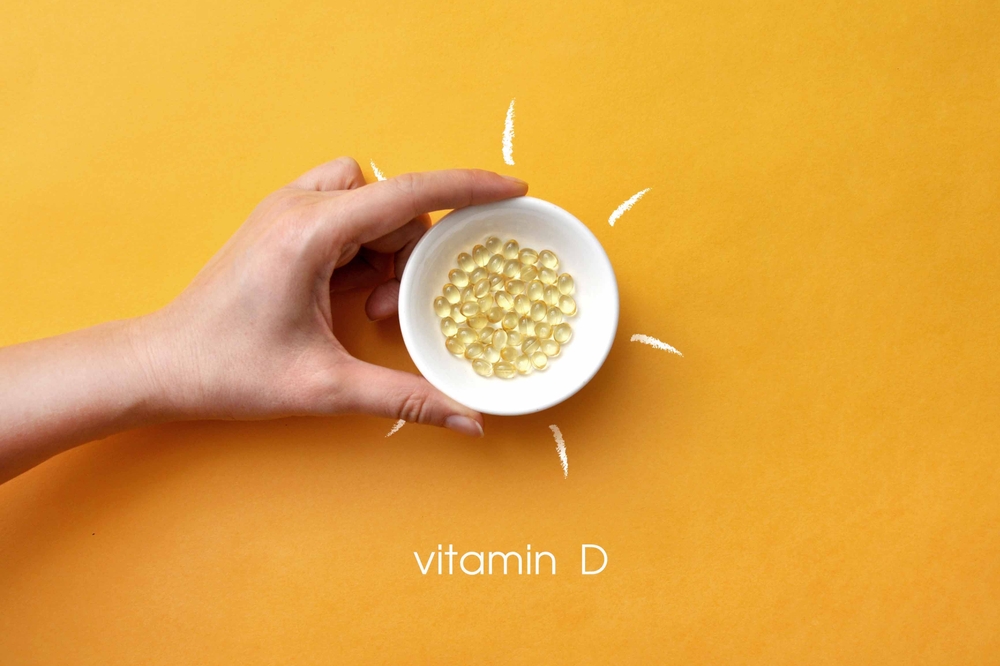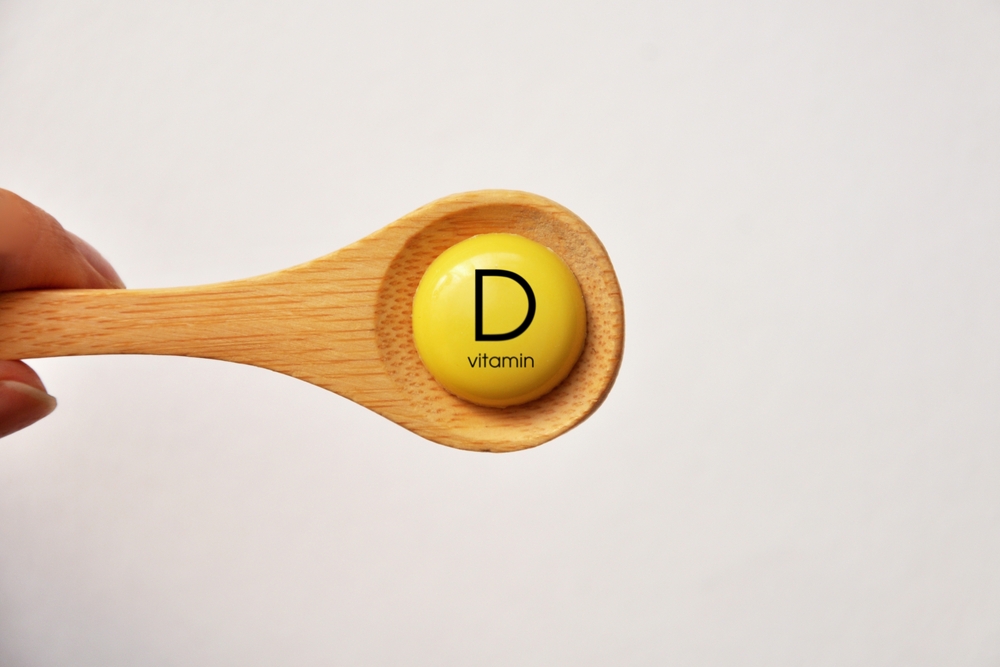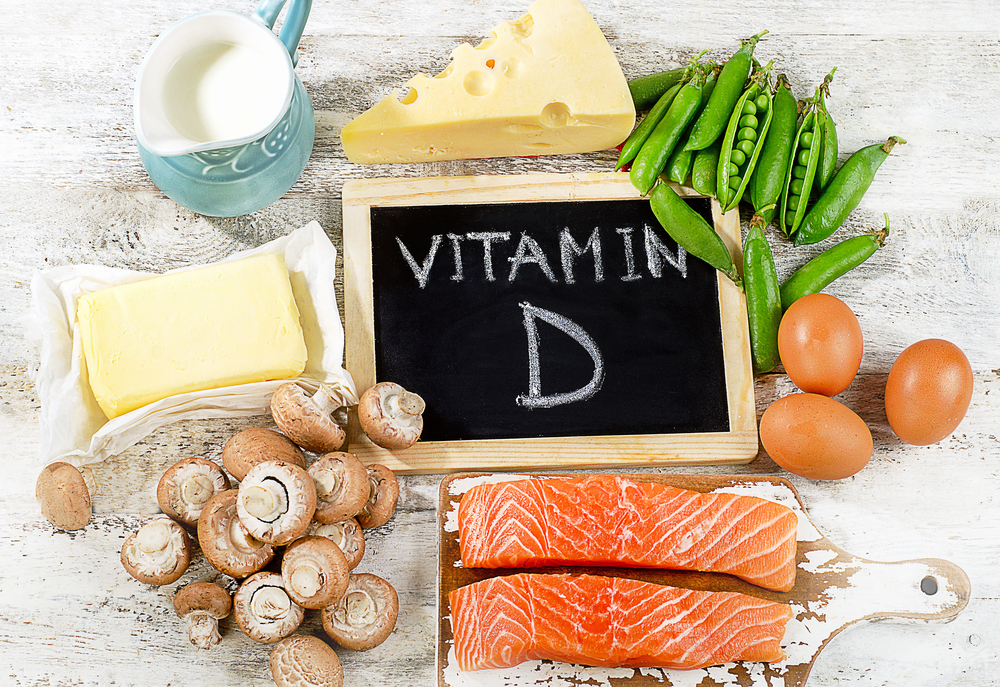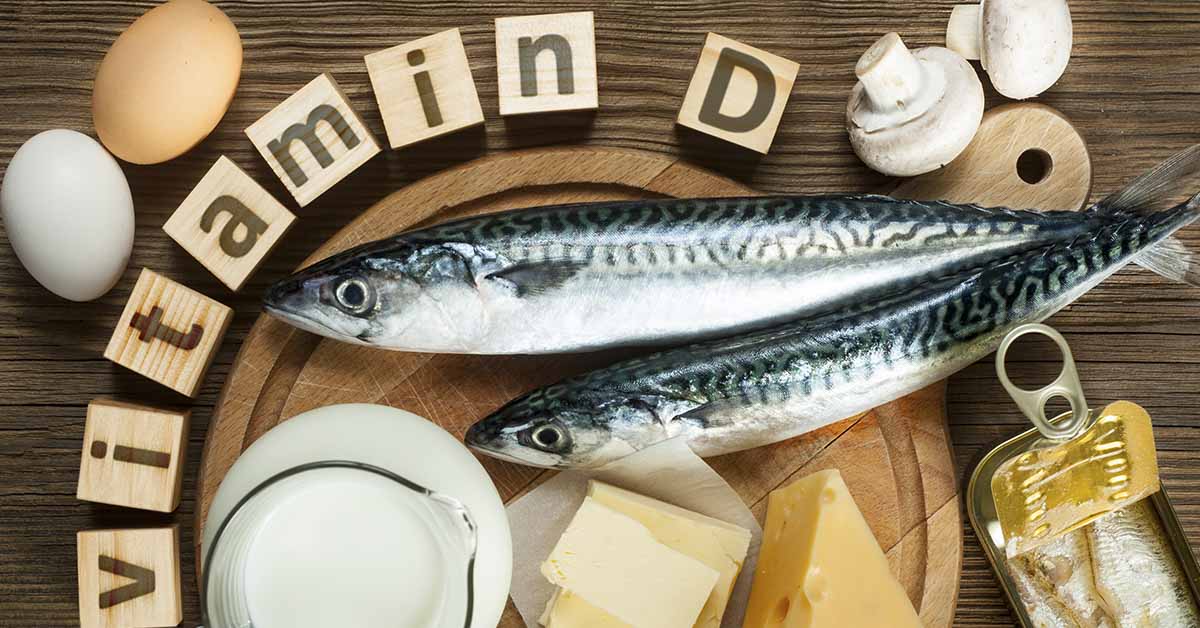Vitamin D has been getting a lot of attention in the past several years. More and more information is coming out about the vitamin, proving how critical it is for our health. The most recent study has even linked vitamin D deficiency to an increased risk of death. This is what the researchers found.
New Study Reveals Vitamin D Deficiency Linked To Early Death

Recently, researchers examined information from the UK Biobank on Vitamin D. What they found confirms the importance of “the sun vitamin”. Their findings prove that a deficiency of vitamin D increases mortality risk – aka the risk of death. To determine this, they used a method called the Mendelian randomized approach. They used genetic variants as representative indicators of the external factors that affect levels of vitamin D. These are things such as sun exposure and how many vitamin D-fortified foods you eat. This allowed them to look at the relationship between people’s intake of the vitamin and death, separate from other factors that may cause it. (1)
“Unlike other types of observational studies, we have overcome some of the methodological obstacles. What is special about this new study is we were able to look at people with very low vitamin D concentrations and what would happen if their concentrations were a little bit higher. Most randomized controlled trials don’t show much of an effect. That’s because most people have sufficient concentrations. Ethically you can’t do a trial of people with very low levels without treating them,” said senior author Dr. Elina Hyppӧnen. (2)
Read More: Vitamin D May Lower Your Risk of Alzheimer’s According to New Study
The Data Supports The USA Vitamin D Recommendations

The researchers found evidence of the causality of a vitamin D concentration below 50 nmol/L and death. The US National Academy of Medicine, along with previous data on supplementation, are aligned with this research. These state that everyone with levels lower than 50 nmol/L is advised to take supplements to increase their concentration. They also said that this shows that large-dose supplementation is not necessary. Rather, consistent, regular doses are the best course of action.
“Supplementation will clearly help, especially during wintertime or if a person isn’t getting enough vitamin D from the sun or in places where food isn’t fortified with vitamin D,” explained Dr. Hyppӧnen. “Sometimes doctors want to fix the deficiency quickly with a large ‘bolus’ dose, then continue with a maintenance dose. Increasing evidence suggests that’s not beneficial and might disturb the body’s metabolism so that it can’t get the amount it needs. It’s safe overall but might not work the way we want it to work.”
Why Worry About Vitamin D?

Besides death, there are many other reasons why your vitamin D status is important. Being deficient can decrease your health and quality of life, especially as you age. It can lead to loss of bone density, Osteoporosis, and an increased risk of fractures and broken bones. This is because it helps to regulate the amount of calcium and phosphate in your body. These nutrients help to keep your bones, teeth, and muscles strong and healthy. More recent research has also shown the important role it plays in immune function as well as mood and mental health. (3, 4)
Read More: Scientists Reveal New Findings About Older Adults Who Take Vitamin D
How To Increase Vitamin D Intake

Vitamin D is called the sun vitamin because we synthesize it in our skin from the sun’s rays. For those who live in colder climates or who spend most of their time indoors, say, in an office, getting sufficient amounts of it via the sun can be tricky. Sunscreen will also prevent you from absorbing it, as well as how much melanin you have in your skin.
In some countries

Foods like many dairy products and breakfast cereals are fortified with the vitamins. Sometimes products like orange juice are, too. Other options include egg yolks, red meat, liver, and oily fish such as salmon, sardines, herring, and mackerel. For most people, supplementation is a good idea. You do have to be careful, however, because vitamin D is a fat-soluble vitamin. This means that your body stores what it doesn’t need right away in your fat cells. If you take too much, you could reach toxicity levels, which can be very dangerous.
Children from the age of four and onward can benefit from a supplement. A daily dose of 10 micrograms per day, at least during the fall and winter months. You may choose to stop taking it or lower your dose during warmer months, particularly if you are someone who spends a lot of time outside.
Read More: Chest Pain May Be a Symptom of a Common Vitamin Deficiency
Sources
- “Vitamin D Deficiency Increases Mortality Risk in the UK Biobank.” ACP Journals. Joshua P. Sutherland, BHSc Nut Med (Hons), et al. October 25, 2022.
- “Vitamin D Deficiency Linked to Death, New Study Finds.” Medscape. Miriam E. Tucker. October 24, 2022.
- “Vitamin D Deficiency.” Medline Plus
- “Vitamin D.” NHS

